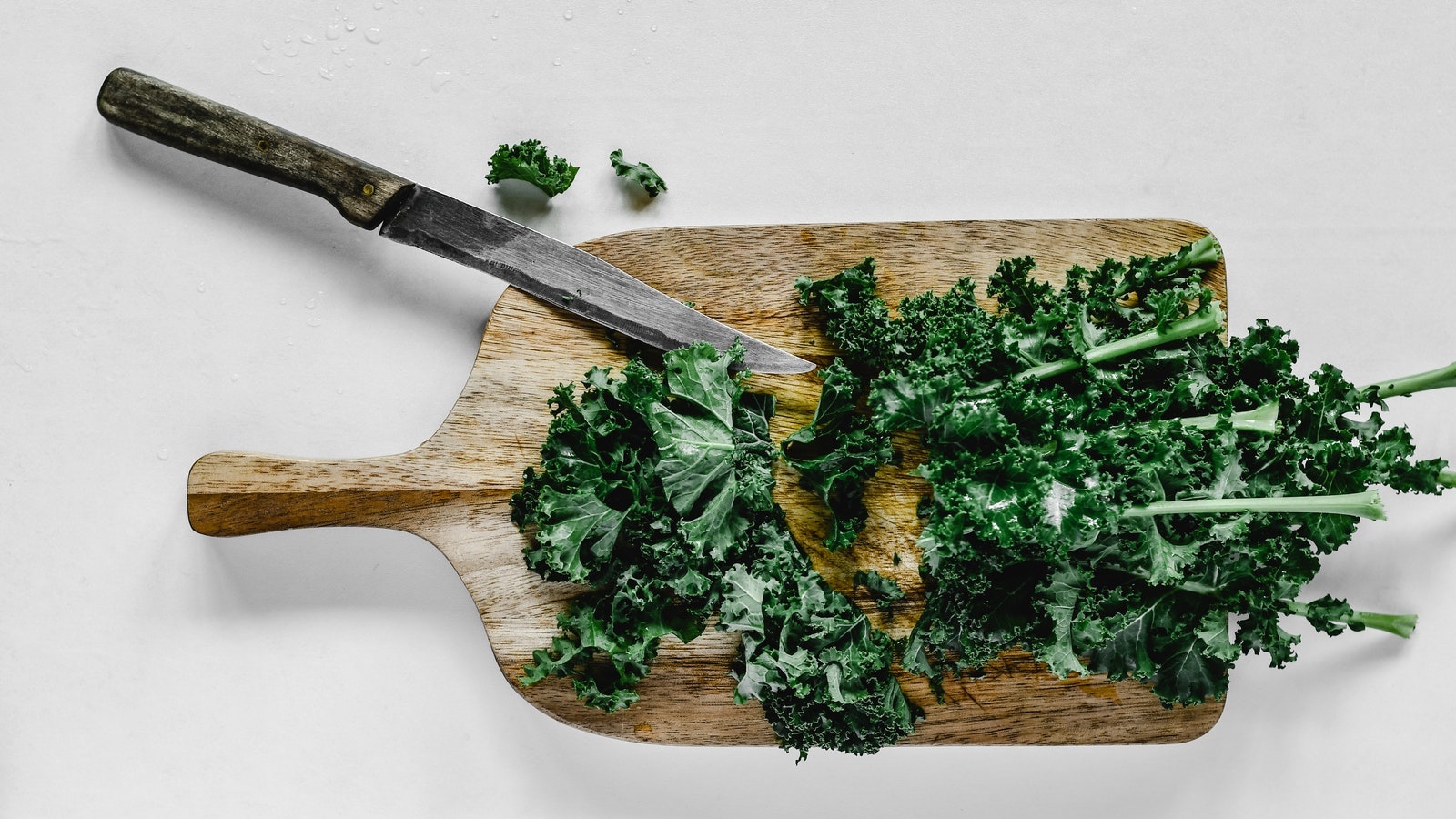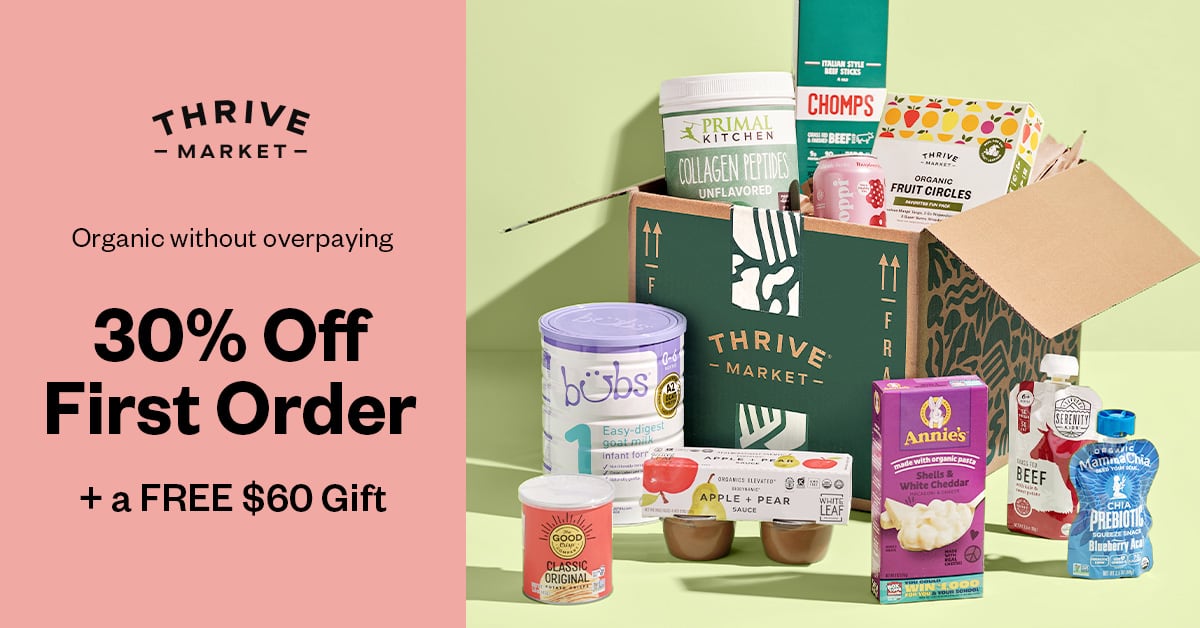5 Health Benefits of Kale
For years, we’ve been told to eat our kale. I’m not sure about you, but until recently, I thought kale was hugely overrated. Its leathery texture, its green-ness - it was all a turn-off. In fact, the only kale I could stand was crispy kale chips. And it’s just as good as other salad greens, like baby spinach or arugula, right?
It turns out I was wrong. There’s a reason why every healthy foodie craves the leafy greens; they’re packed with so much nutritious goodness it would be a crime not to include them in your salad. If you need a little more convincing to pick up a bunch this week, I’ve uncovered some amazing health benefits of kale, so be sure to give them a try.
1. More Calcium-Dense Than Milk
We all know that we need milk to build strong bones, or so we’ve been told. But what if that’s not necessarily the case? While 100g of traditional milk offers approximately 110mg of calcium, 100g of kale offers more than twice that amount - at 250mg. Sure, 100g of kale is comparatively a lot more in volume than 100g of milk, but this framework will allow you to switch our mainstream sources for healthier alternatives in the long run.
2. Rich In Nutrients, Low In Calories
This is the number one reason why superfoods get the name they do - they’re able to offer concentrated widespread macro and micronutrients, with very little in the way of calories. One cup of kale, for instance, contains 684% of the Vitamin K RDI, 134% of the Vitamin C RDI, and 206% of the Vitamin A RDI< plus iron, folate, omega-3s, magnesium, calcium, iron, fiber, and 2 grams of protein - with only 33 calories!
3. Rich In Phytonutrients - Everyone’s Favorite Antioxidants
By now we all know about antioxidants’ ability to fight free radicals off, which supports the body through all manner of sins. But what foods should we reach for when we need an antioxidant top-up? Kale contains essential phytonutrients, which ease inflammation, improve the liver’s detox ability, and can even protect brain cells from stress. This is thanks to beta-carotene and vitamin C, as well as various flavonoids and polyphenols, such as quercetin and kaempferol.
4. Easy To Grow, Meaning Regenerative Agriculture
For the amount of kale required for healthy nutrients, the growing process is incredibly easy. A full bunch will grow from seed in as little as two months (when planted at the right time) and requires a relatively small area of land for growth. Sustainable agriculture is currently one of the major shifts needed to support a healthy, thriving planet and counteract climate change, which in turn impacts the overall health of the humans on it. In short, kale is a win for the climate - and it’s even better if you can grow it at home!
5. Kale Can Support Healthy Weight Loss
There’s a reason why kale has developed the reputation it has; kale smoothies and massaged salads support healthy weight loss for those struggling with excess weight. This is in part because it is low in calories, but rich in bulk and water content - making you feel fuller for longer. As it also contains protein and fiber, two essential nutrients for weight loss, it is considered to be a superfood in that respect. Some theories also suggest that including more kale in the diet is often adopted alongside other healthy dietary or lifestyle habits, which may influence weight loss further.
So for whatever reason you’re working on your health, be it chronic illness and weight loss, or simply meeting your daily requirement of greens, I hope these health benefits are enough to convince you start massaging your kale (it releases the oils that help with the texture), and hide it through your next salad today.
What are your go-to kale dishes? Let us know in the comments below!











